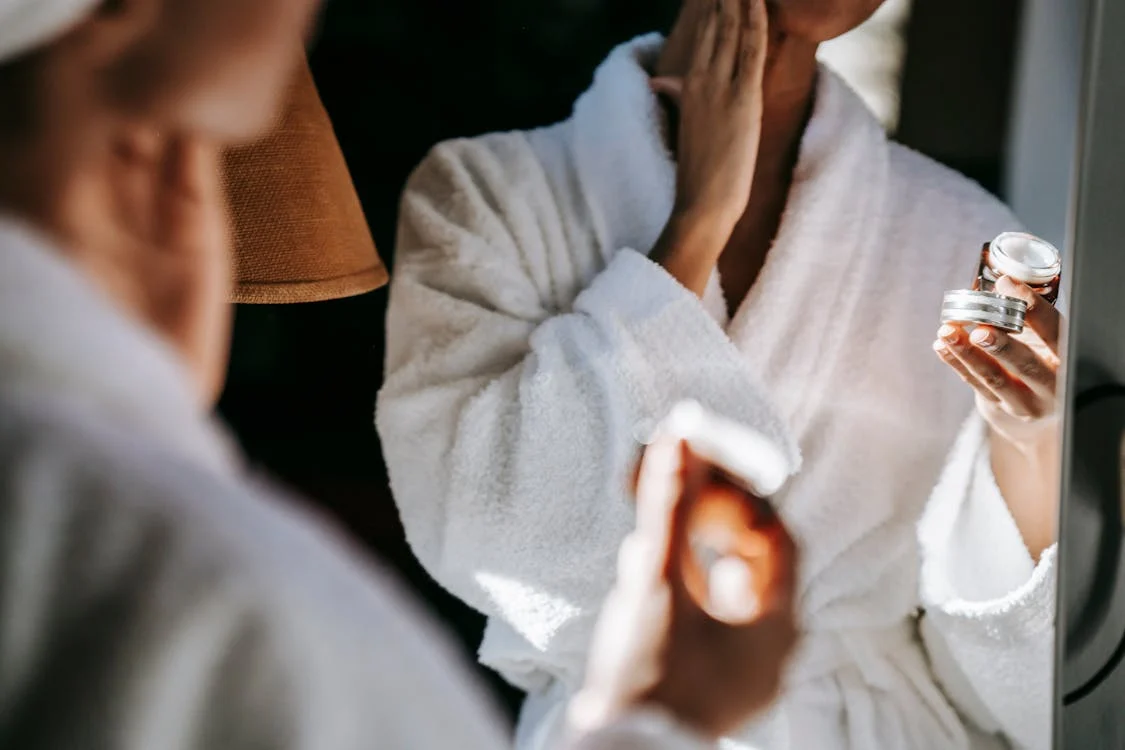-
New research has discovered a method to prevent malaria using a single-dose monoclonal antibody named L9LS.
-
This antibody was administered via injections under the skin. The study involved children between the ages of 6 and 10 in Mali.
-
The L9LS antibody injection showed protective effects against malaria infection and clinical malaria over a 6-month period.
-
There were no reactions seen at the injection site which is why this new method is deemed as an effective method against malaria.
-
This was a phase 2 clinical trial and larger studies are needed to confirm the efficacy of this new method.
Malaria has been a significant threat for decades. This infection has affected young children in underdeveloped areas. Researchers are consistently exploring new methods to find a prevention strategy.
A study published in the New England Journal of Medicine provides promising results including a monoclonal antibody.
The study looked at how well and safely L9LS works. L9LS is a type of medicine called a monoclonal antibody that targets the Plasmodium falciparum parasite, which causes most malaria in people. Usually, to prevent malaria people use bed nets that are treated with insecticide and take medicine.
Phase 2 trials:
This phase 2 clinical trial took place in Mali where malaria incidence is very high. The subjects in this study were children aged 6 to 10 years old.
They were distributed in different groups receiving either a placebo or an SC injection of L9LS antibody. The study duration was 6 months including the peak Malaria season in Mali.
Researchers aimed to find out how often people were infected with Plasmodium falciparum. This was analyzed through blood tests. They also looked at secondary outcomes, such as whether people developed clinical malaria, which includes fever and other symptoms. They also paid close attention to any side effects from L9LS injections.
Analysis:
Their conclusion showed that children who got L9LS had better protection against malaria than those who received a placebo.
The 150 mg dose of L9LS lowered the risk by 70% and the 300 mg dose reduced it even more by 77%.
This means that fewer children got sick with malaria during the peak seasons. The study also found that L9LS was well-tolerated and had minimal side effects.
Furthermore:
It must be noted that this was only a phase 2 trial. We need larger studies to confirm these results about the safety and efficacy of L9LS in different groups of people and not just children.
Moreover, researchers must figure out what is the best dose and the long-term side effects of this antibody. Still, this study’s findings were incredible and a big step toward malaria prevention.
Read: Tafenoquine for Malaria Prevention
How to prevent malaria easily:
Malaria, a disease spread by mosquitoes, is still a major health threat in many regions [ref]. Luckily, using several prevention methods together can help you. Here are some strategies to protect yourself:

Bite prevention:
Pack insect repellents that contain DEET, picaridin, IR3535, or oil of lemon eucalyptus. These things are effective against mosquitoes that spread malaria.
Apply the repellent in large amounts and evenly to your skin, following the instructions for how often to reapply. Also, do not forget to cover areas like your face, neck, and ankles.
When you are outside, wear long-sleeved shirts, pants, and socks. You can also treat your clothes with permethrin, which is a safe and long-lasting insect repellent (ask a healthcare professional how to use it properly).
If you live in an area where malaria is common, use insecticide-treated bed nets every night.
Extra layers of protection
Choose air-conditioned or well-covered places to stay whenever possible. This helps reduce your exposure to mosquito bites.
It is important to keep in mind that mosquitoes bite most frequently during dusk and morning [ref], so try to plan outside activities for later in the day or be more careful during these periods.
Medication:
You must take anti-malarial meds like chemoprophylaxis before, during, and after traveling outside [ref]. Your healthcare professional can prescribe you the best one depending on where you are going, your health history, and any possible side effects.
Other anti-malarial drugs can be good for you but they can cause side effects [ref]. Talk to your physician about these and consider the pros and cons.
Read: Artesunate Prescribing Information
Conclusion:
Yes! Malaria is a global health concern but it is completely preventable. If you wish to stay away from this infection then just cover yourself and use strategies like spraying insect repellents and wearing protective clothing.
You can also use bed nets while sleeping outdoors. This will keep you protected from mosquitoes while you have a good night’s sleep.
So, stay informed about the latest trends and news about malaria. Refer to official organizations like the Centers for Disease Control and Prevention (CDC) website to keep yourself protected and safe.







